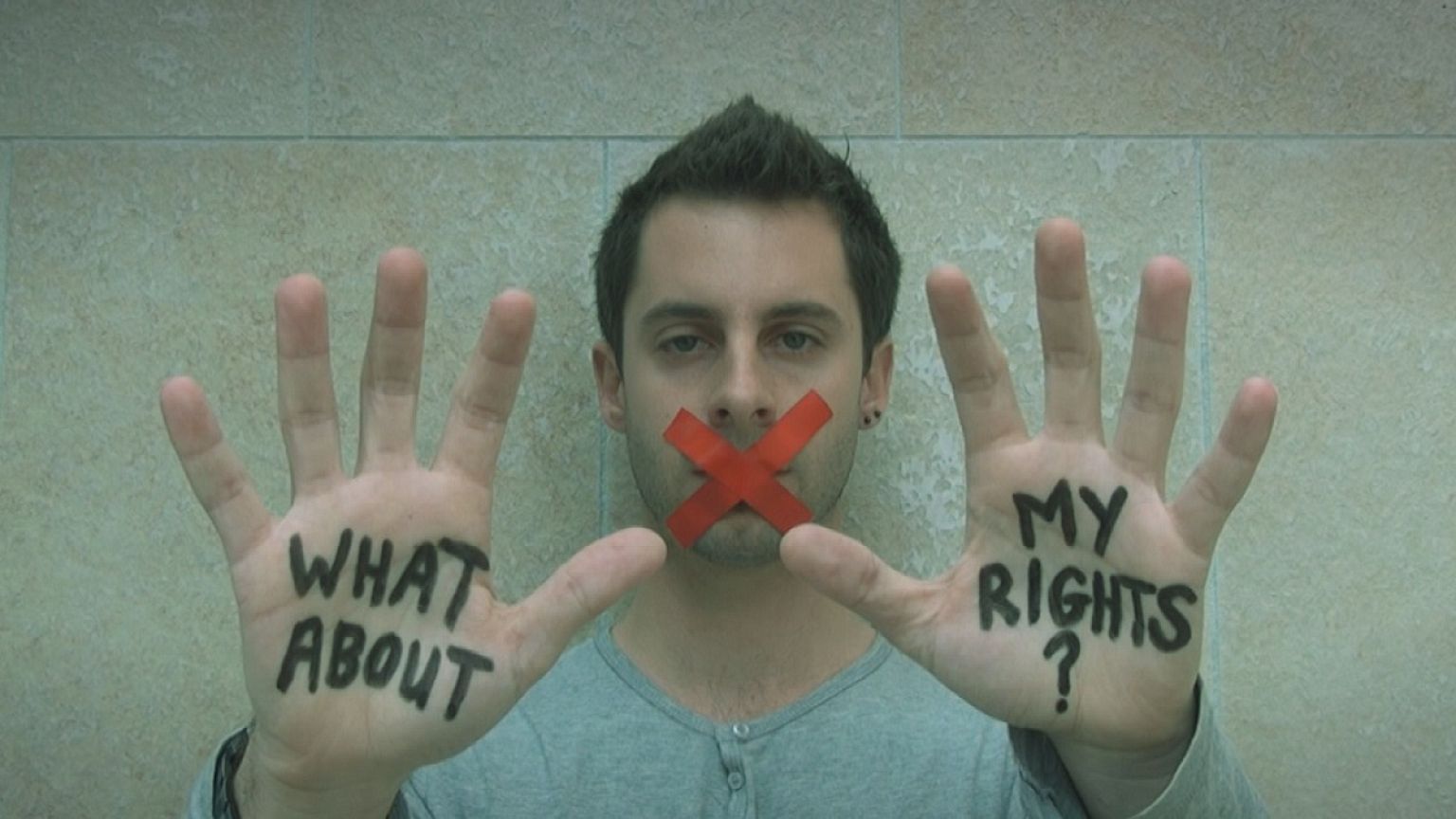The respect of our basic rights has become a top priority for many Europeans, and something that was supposed to strengthen those freedoms was the EU Charter of Fundamental Rights, which came into force in 2009. But is it just words on paper, or something that really can lead to concrete action on the ground?
The charter brings together a wide range of principles into one document, and raising awareness about how it can be used effectively is a key challenge. It is legally binding on EU states, but only when they apply European law, and it must also be respected by the institutions of the bloc.
Right On went to the Belgian capital to talk to some of those most likely to come across the charter in their daily work. European officials maintain the document is already becoming a reality for people whose rights are under attack. To put that to the test, Euronews caught up with some workers at a new independent legal help centre set up in January.
The EU Rights Clinic is a joint venture between the NGO European Citizen Action Service and Kent University in Brussels.
Leticia Biendo-Bicerra, a case study worker at the EU Rights Clinic, told Euronews: “It’s a very important, pivotal document, a cornerstone. However, in my daily work, in my work here at the European rights clinic, I’m not going to look at the charter as my first text of reference. I’m always going to look first at the national law and then the existing European legislation. And if I need to understand certain aspects of a problem, and have more of a general look at things, well then yes I will look at the Charter of Fundamental Rights.”
Salvatore Sofia, a legal researcher at the EU Rights Clinic, added: “We can make use of some of those rights in our work here at the Citizens’ House rights clinic. We can use rights such as the freedom of movement for citizens, which has now become a fundamental right enshrined in the document. We can use it as a reference for our legal services, in so far as giving legal advice to people, in order to help them, as well as in our advocacy role.”
In a new progress report on the charter, the European Commission says national courts are increasingly referring to the document. It highlights the case where the Austrian Constitutional Court ruled that people can rely on the charter when challenging local legislation.
The Commission also says the number of cases where the EU Court of Justice has quoted the text in its judgements almost doubled last year. Infringement proceedings against Malta and Hungary are also given as examples of where the principles of the charter have been enforced.
The report also shows what fundamental rights issues were most raised by citizens in correspondence with the European Commission. Top of the list was freedom of movement and residence; followed by the functioning of national justice systems and access to justice; then the right to choose an occupation and work; the integration of disabled people; and the protection of personal data.
But still it seems a lot has to be done to make sure the charter is better understood and more widely used. Rights organisations argue that while it is a crucial document, the question of exactly who is bound by it, and under what circumstances, remains difficult to work out.
Assya Kavrakova from the European Citizen Action Service (European Citizens’ House) told Right On: “It’s true that there are more and more national courts that refer to the charter; they also ask for more preliminary rulings. But at the same time it also indicates that there is room for improvement because what is needed is further clarification of the scope of the charter.
“We all know that it refers to actions undertaken by European institutions or to EU law when it’s applied on a national level. What this exactly means is still not clear, even for the courts. So this is also the reason why they’re asking for preliminary rulings and clarifications.”
The charter will soon move in other directions, coming into force in Croatia, for example, when it joins the EU in July. Euronews met a volunteer at the European Citizen Action Service who has been helping prepare for the accession.
Goran Momcilovic, a European Voluntary Service worker from Croatia, said: “There are some doubts in Croatia that this charter will diminish the role of Croatian courts but I think those doubts are not relevant. So yes, I think it’s a good thing and I think that the EU accession will bring more democracy and more protection to the rights of the citizens in Croatia.”
Goran understands the importance of knowing our rights: he was actually detained for a few days when flying into Brussels, because of confusion over his voluntary status. His case is being examined.
Experts say we should all be better informed about our rights, in a world where things often do not turn out as expected.















